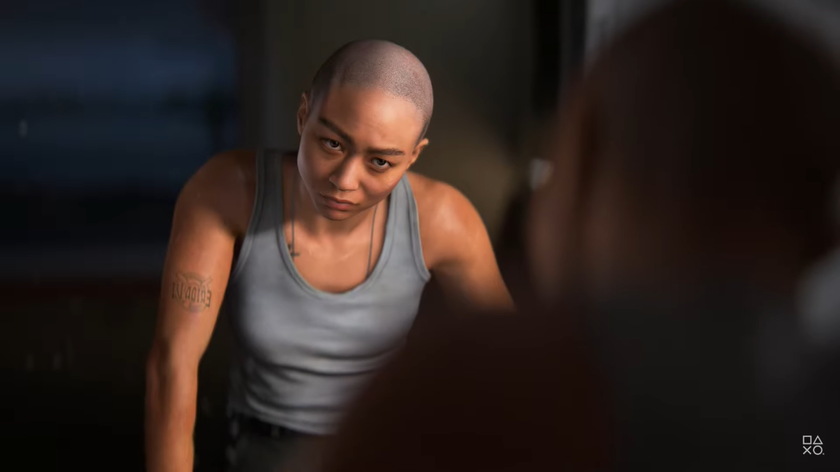Lee Pace, Jared Harris, and more tease Foundation’s "emotional" second season
EXCLUSIVE: The cast and showrunner preview the new season
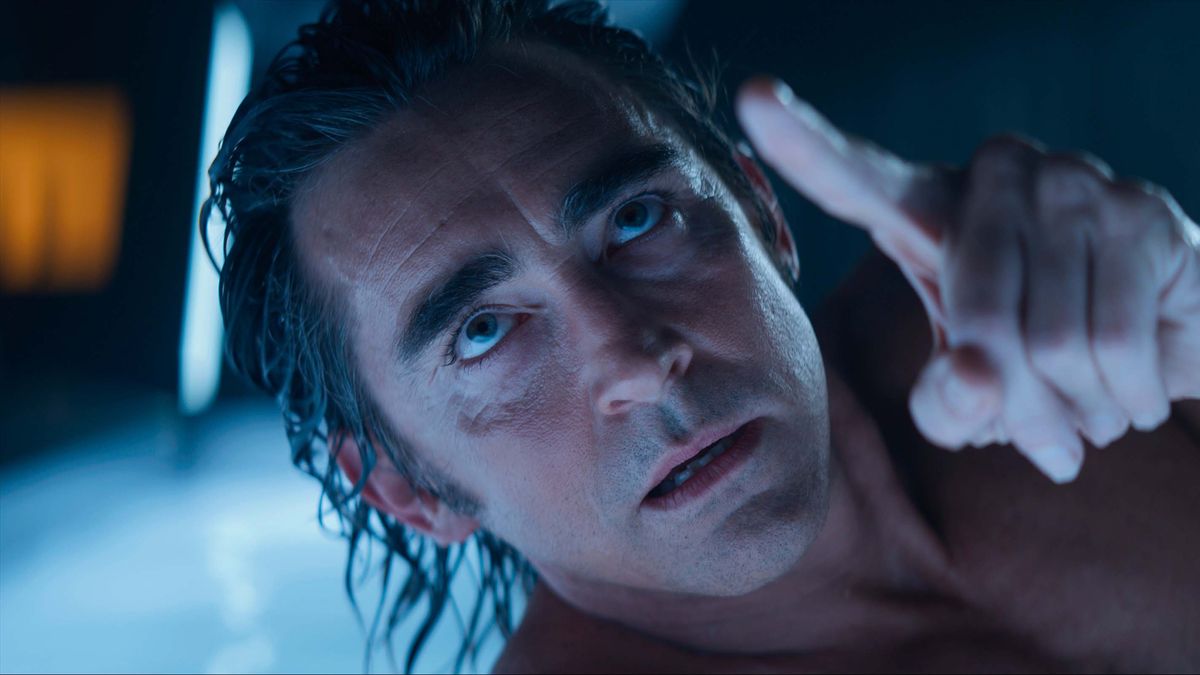
Foundation might just be the most ambitious show on television.
The scale of Apple TV Plus's adaptation of author Isaac Asimov's series of novels , now entering its second season, is unmatched. Its story spans hundreds of years and its lofty ideas take in everything from nature vs. nurture to the question of what defines a person's identity, to artificial intelligence and the fall of mankind. Or, to put it in simplistic terms, it's Dune meets House of the Dragon with just a dash of Star Wars.
"I have ridiculously grand ambitions for the show," says showrunner David S. Goyer, when 12DOVE catches up with him and the cast in London, ahead of the new season's launch. "I always wanted it to be one of those big appointment viewing shows. Something that you can really sink your teeth into."
Foundation's first season told the story of Hari Seldon (Jared Harris), a genius mathematician who, through complex calculations, has predicted that humanity is on the road to ruin. Seldon determines that the only way to stop, or at least lessen, this calamity is to build a scientific Foundation on the planet Terminus. However, his plan brings him into conflict with the rulers of the Galactic Empire: a despotic trinity of clones led by by Lee Pace's Brother Day.
Complex relationships
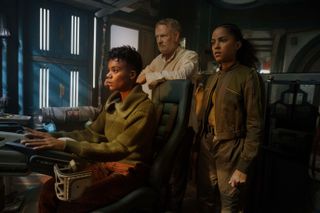
Season 2 moves the action forward - by quite a bit. "It's set 138 years after season 1," says Goyer, grinning at the audacity of that statement. "And we're on the verge of a second Crisis. And, as predicted by Hari, this means war with Empire. As the Foundation has started to flourish, Empire decides they've gotten too big for their britches and they have to eradicate them."
Although the passage of time means that most of the secondary characters from season 1 are now long dead, young prodigy Gaal Dornick (as played by Lou Llobell) still lives thanks to cryo-technology. Waking up in a new time is the least of her worries, however. Finding herself on the planet Synnax at the end of season 1, she discovers a family connection to Salvor Hardin (Leah Harvey).
"Salvor is Gaal's biological daughter," explains Goyer. "But because of the magic of cryosleep, she's biologically older than her mother, so they've got this strange relationship that they're starting to build with one another."
Sign up to the SFX Newsletter
Get sneak previews, exclusive competitions and details of special events each month!
That naturally causes some heartache for Gaal. "When we start this story, you don't see her immediately accepting the relationship," says Llobell. "She doesn't really know who she is. And it's difficult for Gaal to know where to start and where to begin in that relationship, when Salvor has been thinking about this for so long. But it grows [over the course of the season], and I think it's really sweet and beautiful to see where they get to by the end."
Salvor's father was Raych, as played in the first season by Alfred Enoch. "Gaal sees a lot of Raych in Salvor, I think, which is difficult," says Llobell. "But it's also probably the reason that she feels attached to her."
138 years of solitude
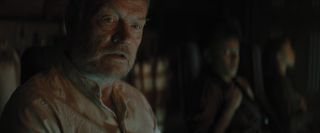
Also returning is Hari Seldon - despite the fact that he died in season 1. The character now exists as two separate digital copies, one in the Vault on Terminus, the other with Gaal and Salvor on Synnax. While the former is blithely continuing on with his grand plan, the latter has had a much rougher time of it.
"He's been stuck in Hell for 130-odd years," muses Jared Harris, referring to the digital cage that this version of the character has been enduring while Gaal and Salvor were in cryo-sleep.
"David allowed [director] Alex Graves and I to experiment for an entire day, to explore what that mental state would look like. And I read a lot of information about the effects of solitary confinement on the mind, and how to survive it, but you're not going to get through that without it severely affecting you. That version of Hari, he never properly recovers from what's happened to him."
Harris sees the Seldon on Synnax and the Seldon on Terminus as two entirely different characters. "That was one of the conversations that I had with David, how we were going to differentiate the personalities and what what would be different about them. He's obviously going to have a different personality at that point than the other Hari who, by and large, is in a fool's paradise where he thinks that everything is going according to his plan."
Seizing the Day
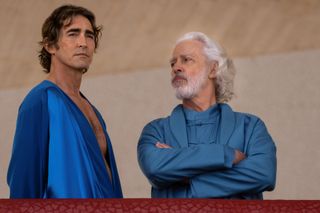
Opposing the Foundation is the Empire's ruling Genetic Dynasty - and particularly Lee Pace's Brother Day, the 17th clone of Emperor Cleon I, now more deadly than ever, thanks to what Goyer describes as an identity crisis.
"He knows that he can never be as consequential as Cleon I, so he decides he's going to be Cleon the Last. And because of that he's very dangerous. Insecure despots and dictators are the most dangerous kind."
Pace agrees. "The Empire is putting on a strong front and this [version of] Cleon is making some changes. He's looking to get married, and pre-emptively end the Genetic Dynasty."
This decision brings him into conflict with his clone brothers and leads to some of season 2's most fascinating material as the usually arch and distant Brother Day must woo a potential suitor - while also maintaining a sexual relationship with his robot aide, Demerzel (Laura Birn).
"The primary kind of foundation that I built Cleon around is the idea of his ego," says Pace. "This sense that he is the galaxy. He is Empire. But I believe that this Cleon has an extra big ego. And I think that's maybe in response to the changes in the Genetic Dynasty. Or maybe it's the new connection he has with Demerzel. He's using this possession to become emotionally stable in the pursuit of being the greatest Cleon there ever was."
"Their relationship is very interesting," says Birn. "Because there is love and caring there, but at the same time, there's a degree of invisibleness. Cleon doesn't actually know what she's like. She's seen everything, all of the Cleons, and has lived for 25,000 years. She has all that knowledge inside her, but it's all about his needs."
In some ways, however, that same invisibleness makes Demerzel the power behind the throne. "She steers, she controls, she manipulates the Cleons to go her way," Birn agrees. "And while the men of the palace make a show of themselves and enjoy the attention, the real decisions go on behind the scenes."
Expanded horizons
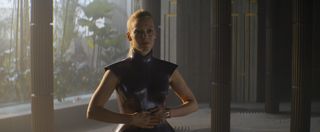
As we said at the start, this is a big, complex, and weighty show. Goyer believes, however, that with season 1 having laid the - ahem - foundations of Asimov's highly-detailed universe, there's room in season 2 for more fun.
"That was one of my goals with season 2. We had so much table setting and so much exposition [in season 1] that I feel like we spent the better part of the first three episodes sort of laying that pipe. We didn't have that burden this time. In season 2, we don't have as many time jumps and, and I also feel like we can really dig into the characters."
We see this in Salvor and Gaal's relationship, in the torment that the version of Hari on Synnax goes through, and in Day/Cleon's fascinating mix of arrogance and desperation, as well as in some intriguing new side characters, like Ben Daniels's heartbroken soldier, Bel Roise.
"I wanted to get more emotional," says Goyer. "And I also wanted to introduce a little bit more levity. Asimov had a dry wit and he started to introduce that with some of his characters. That was absolutely a goal of mine."
Laughter isn't necessarily an emotion that you associate with Foundation, but Llobell believes that Goyer fully succeeded in his aim. "I think it's a lot funnier," she nods. "I laughed the whole time this season. I just think it's great."
Foundation Season 2 premieres on July 14. Check out our list of the best Apple TV Plus shows available to stream right now.

Will Salmon is the Comics Editor for GamesRadar/Newsarama. He has been writing about comics, film, TV, and music for more than 15 years, which is quite a long time if you stop and think about it. At Future he has previously launched scary movie magazine Horrorville, relaunched Comic Heroes, and has written for every issue of SFX magazine for over a decade. He sometimes feels very old, like Guy Pearce in Prometheus. His music writing has appeared in The Quietus, MOJO, Electronic Sound, Clash, and loads of other places and he runs the micro-label Modern Aviation, which puts out experimental music on cassette tape.
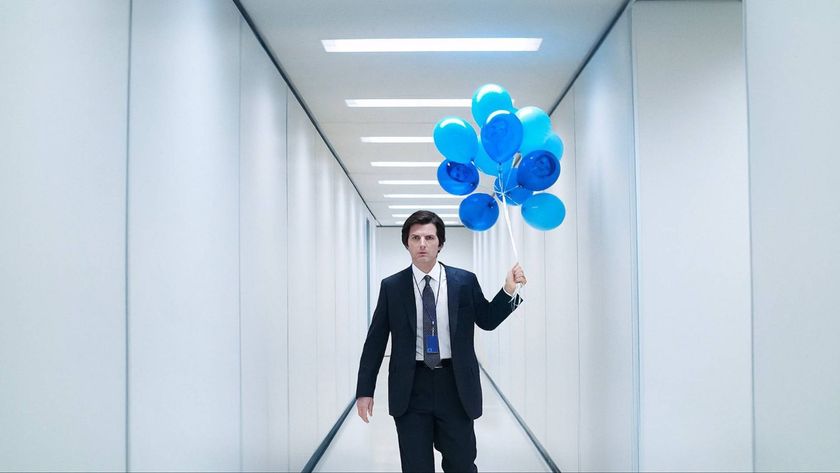
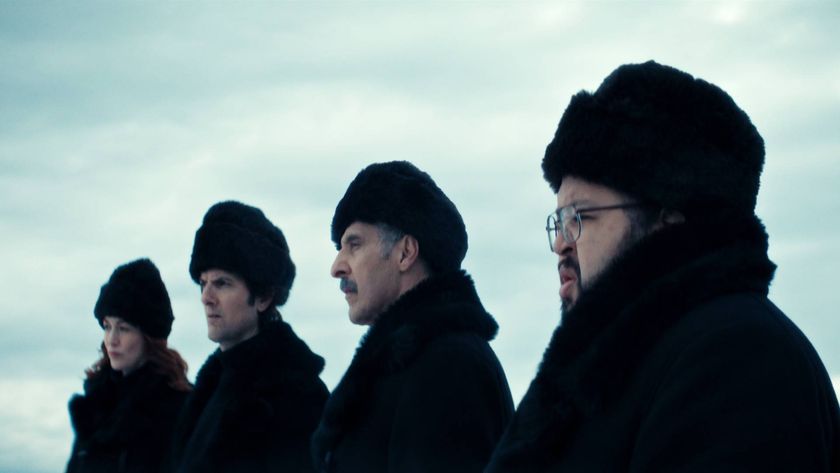
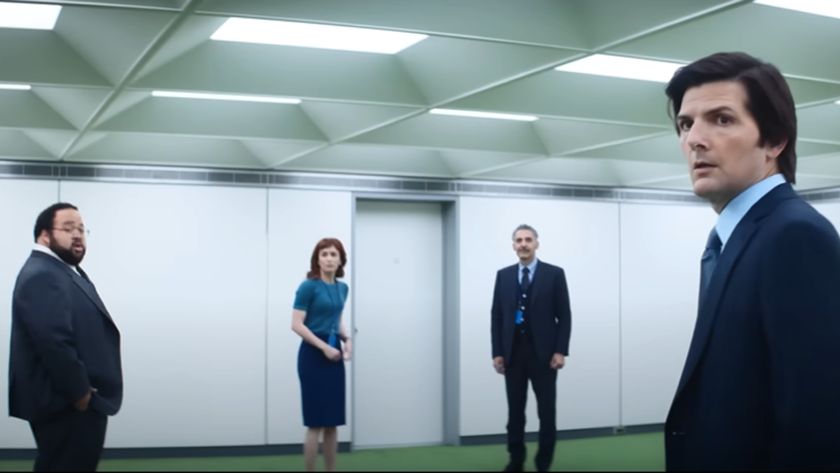
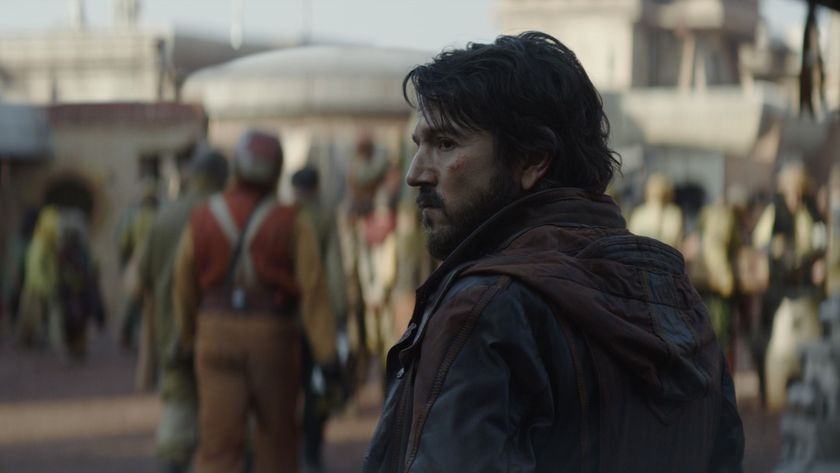
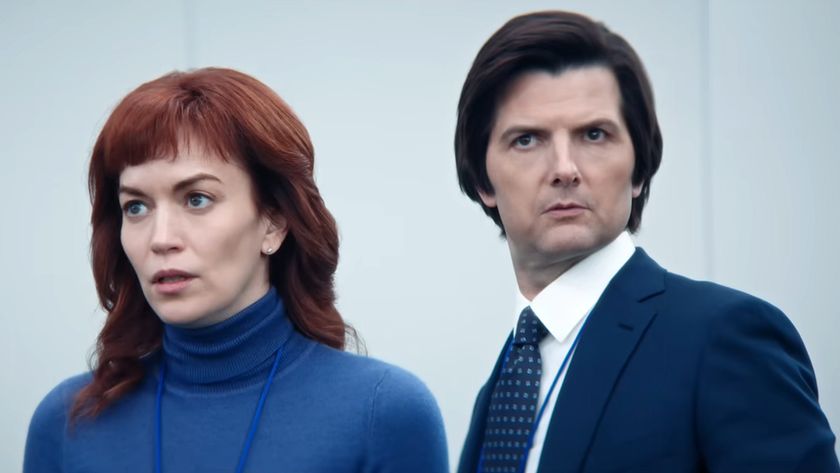

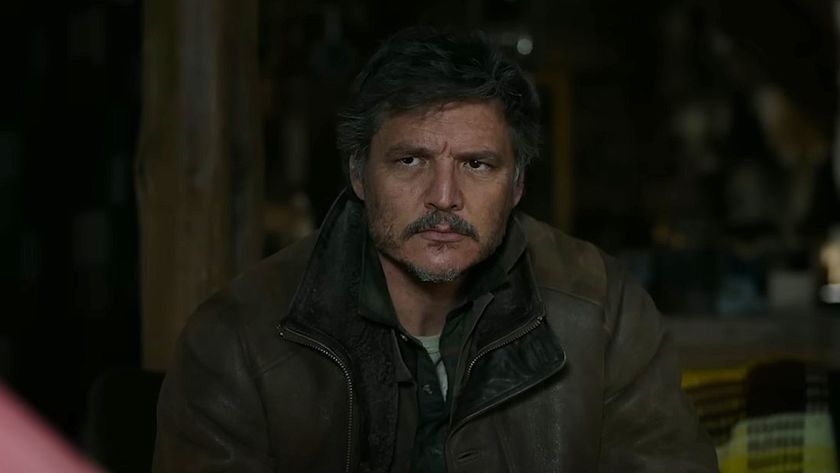
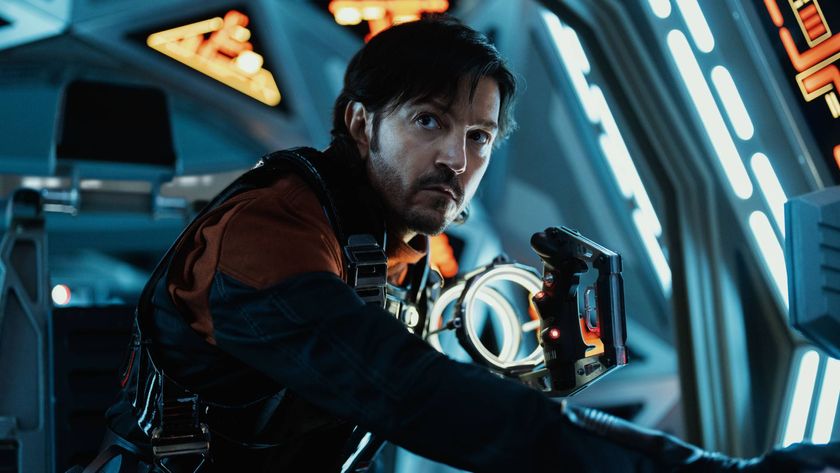
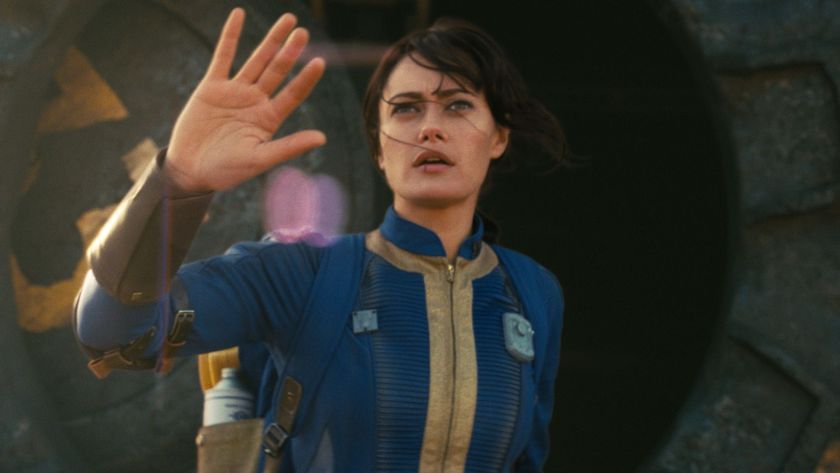
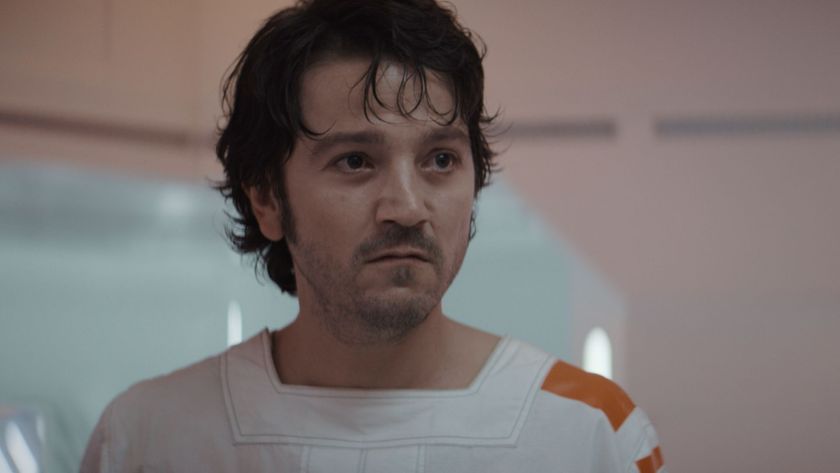
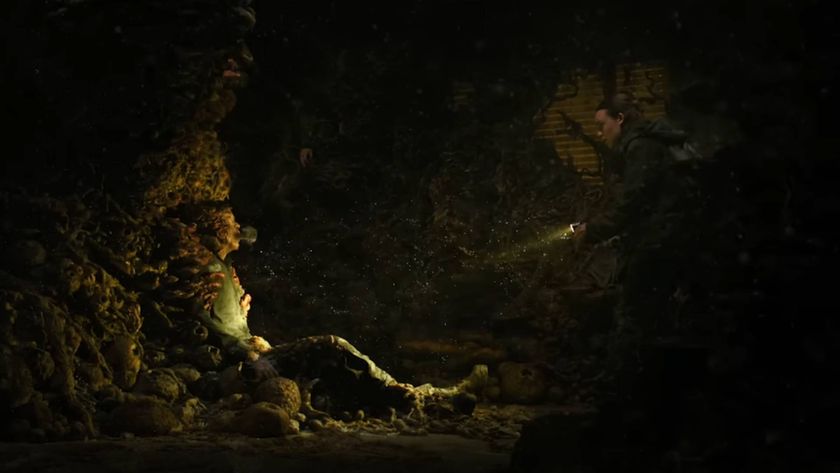
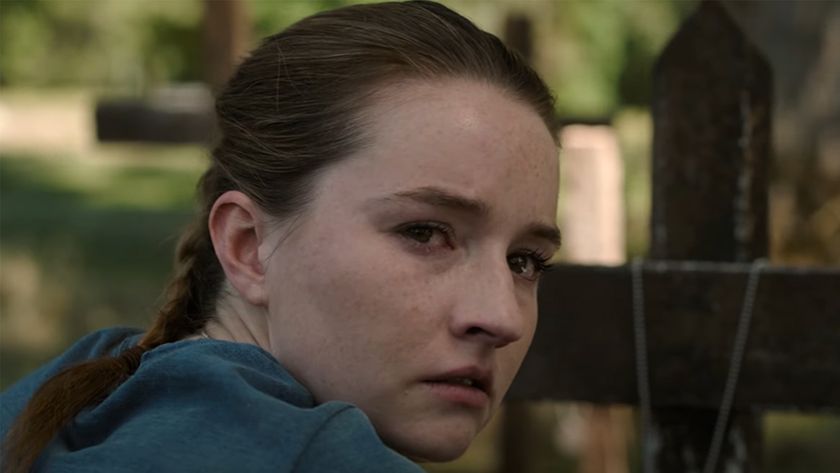







The Last of Us is "better" than 28 Days Later, says movie writer Alex Garland: "This is so much more sophisticated and moving"

Andor season 2 showrunner talks the much-anticipated Star Wars moment that we haven't seen on screen before: "It's a very significant part of our show"
